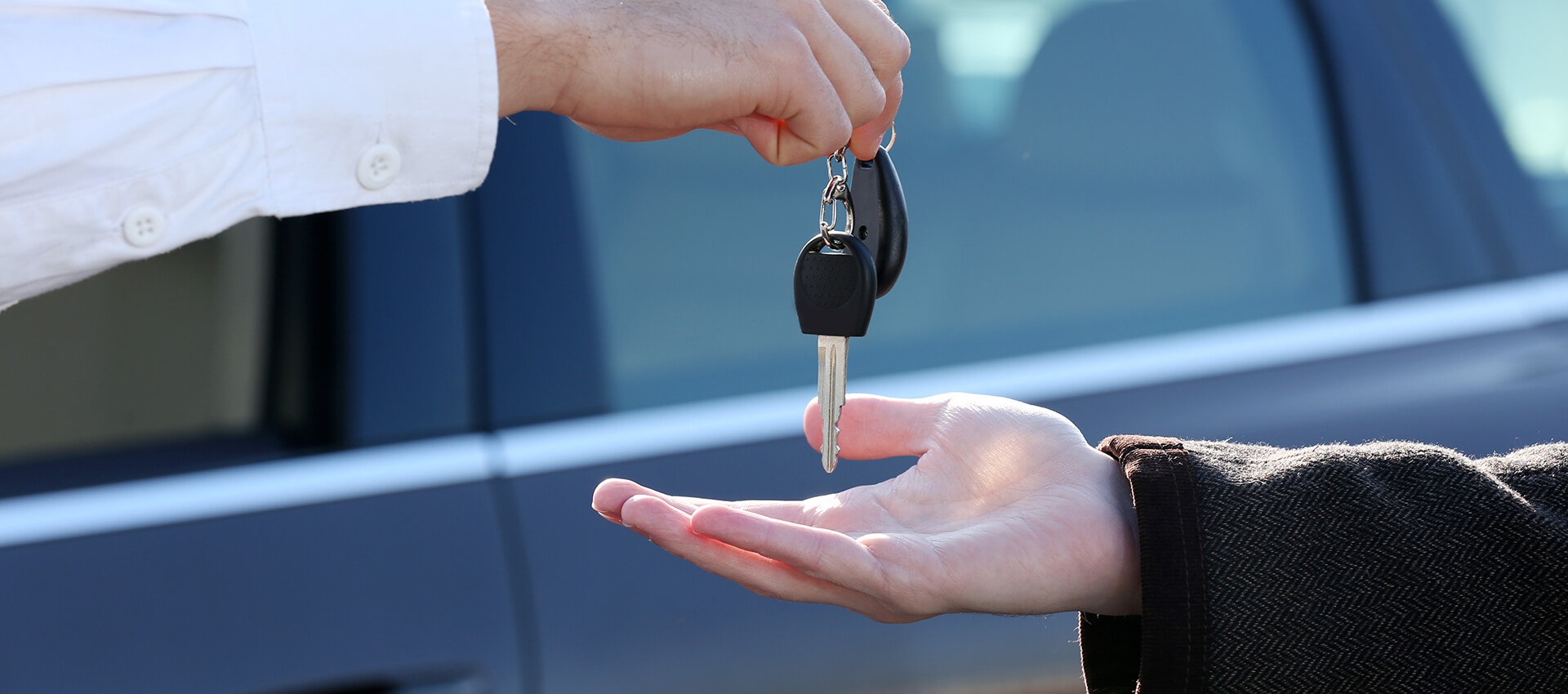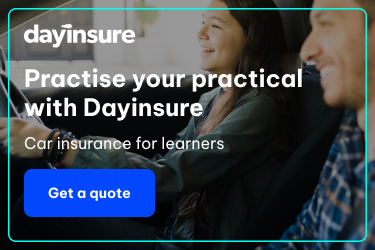Buying your first car

Are you ready to start looking at buying your first car now you’ve passed the Driving Test?
Buying your first car requires you to be realistic. What car you want, may be out of your reach, so it’s time to get realistic with your budget and stick to it! Even if the bank of mum and dad are helping out, it’s pretty likely they won’t be able to finance a new car, along with the costly insurance.
Above all, they will want you to be driving a safe and reliable car that will help you get more experience on the road before you have something sporty!
Buying your first car – Step 1
Set a budget. Don’t get distracted by having nice little extras as these will soon make the car expensive!
Also remember all the running costs which include:
- Road tax. Unless you’re buying an electric car, one older than 1973, or one that sits in band A in the Vehicle Excise Duty, then you’ll have to pay!
- MOT test. Any car older than three years has to have an annual MOT test to check and maintain its roadworthiness.
- Car insurance. This can be really expensive, especially if you’re under 25 years old.
- Fuel. Depending on how much driving you’ll do, this isn’t cheap!
- General maintenance. Don’t forget that there’s a legal tyre tread limit that you must adhere to, or face a fine and points on your licence.
Read our How much will it cost to run a car blog for more advice.
We conducted our own research in January 2019, and based on 2,907 responses, found that almost 50% of our Driving Theory Test 4 in 1 App users, had a budget of up to £5,000 for their first car.
As part of our research, we also found that:
- 73% of people would be buying their car themselves
- 70% would complete research for their car online
- 76% listed ‘cost’ as the most important factor
- 53% would opt for a Ford car as their first car
Buying your first car – Step 2
Now you know what sort of budget you have, where do you buy from?
Many people choose to use recommendations from friends or family as to where to buy a car.
You can go to car dealerships who will always have a wide range of used cars. You could even check your local area for private sales using AutoTrader, or even attend an auction.
Perhaps the most important advice is to make sure you have someone you trust to help advise you if the car is good value for money!
Buying your first car -Step 3
Now, what car do you buy?
Remember, you’re sticking to that budget, right? Smaller engine sizes can work out much cheaper, and petrol cars tend to be cheaper than diesel.
You’ll also pay extra if you want an automatic car, so make sure you only have one if REALLY need to.
Auto Express regularly review the top ten best first cars for new drivers, and this is what they suggest for 2019:
1. Volkswagen up!/Skoda Citigo/SEAT Mii
2. Ford Fiesta
3. Kia Picanto
4. SEAT Ibiza
5. Volkswagen Polo
6. Hyundai i10
7. Toyota Aygo/Peugeot 108/Citroen C1
8. Dacia Sandero
9. Suzuki Baleno
10. Vauxhall Viva

Buying your first car – Step 4
Check it over before buying! You must make sure that it’s roadworthy.
Check tyres, oil, the engine, the mileage, gadgets, and the overall condition to make sure it’s safe.
Make sure that whatever car you’re considering to buy, that you take it for a test drive first!
That way you can see how well it drives and if there are any immediately obvious mechanical faults.
Buying your first car – Step 5
Seal the deal! Don’t be afraid to haggle over the cost of your car as many times there is always room to negotiate, but remember to be friendly.
Before driving that car away you’ll also have to make sure your car insurance is in place!
Read our 7 Factors That Affect The Cost of Car Insurance: A New Driver’s Guide for more information.
The final step
Download the FREE My Driving Pal App which will help you to manage your car and personal safety by:
- Saving all documents related to insurance, tax, MOT, servicing etc., with reminders;
- Offering a fully searchable advice centre (with English voiceover) that covers everything from tyre safety, motorway driving, filling up with fuel and more!
- A co-driver in a road collision – the app guides you through what steps you should take. You can even take photos at the scene and store them safely within the app!
- A section on penalty points – and how to avoid getting them!
- An MOT checklist;
- Tips for buying insurance
- Taking part in our quiz to test your driving knowledge!



